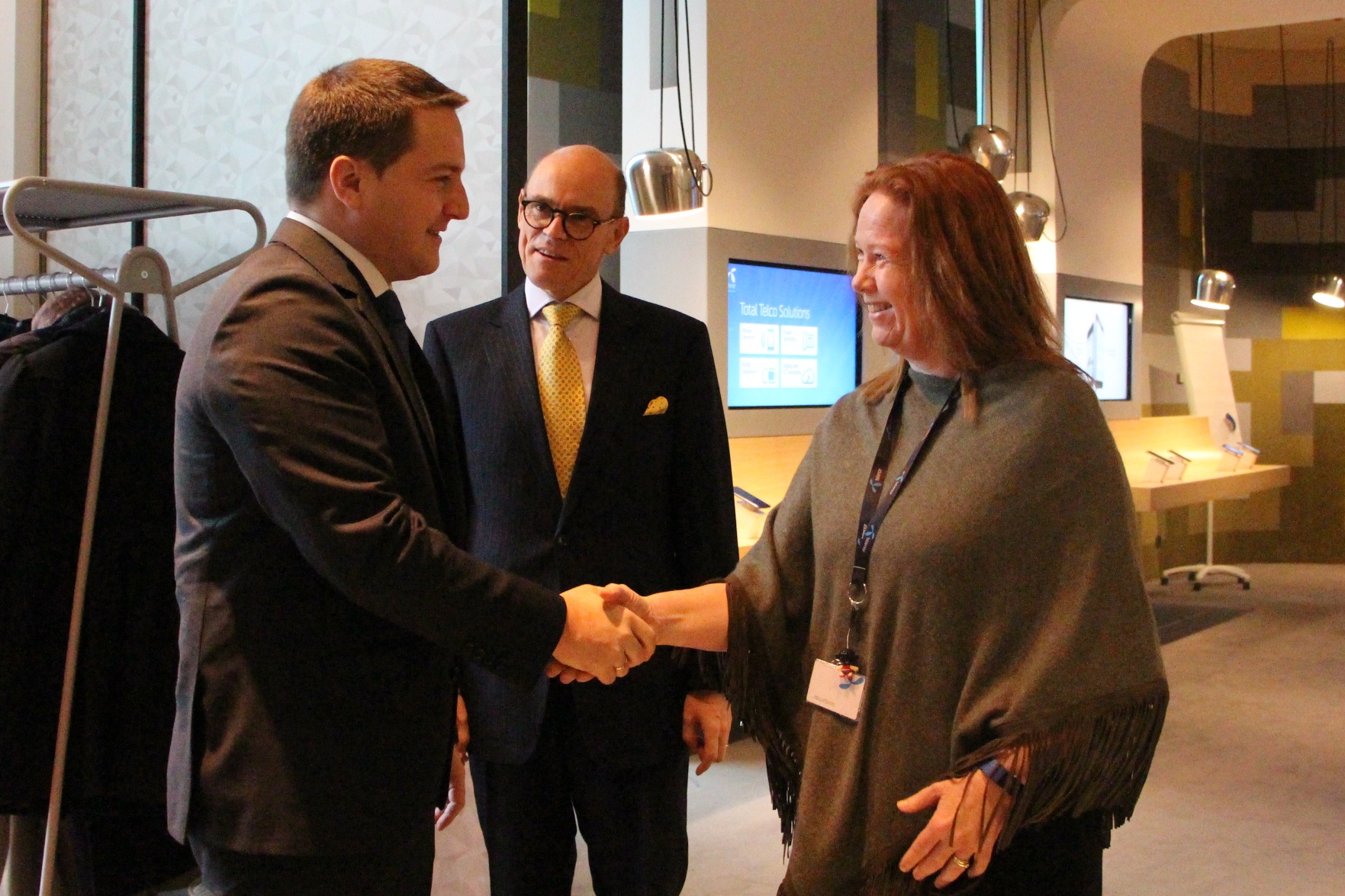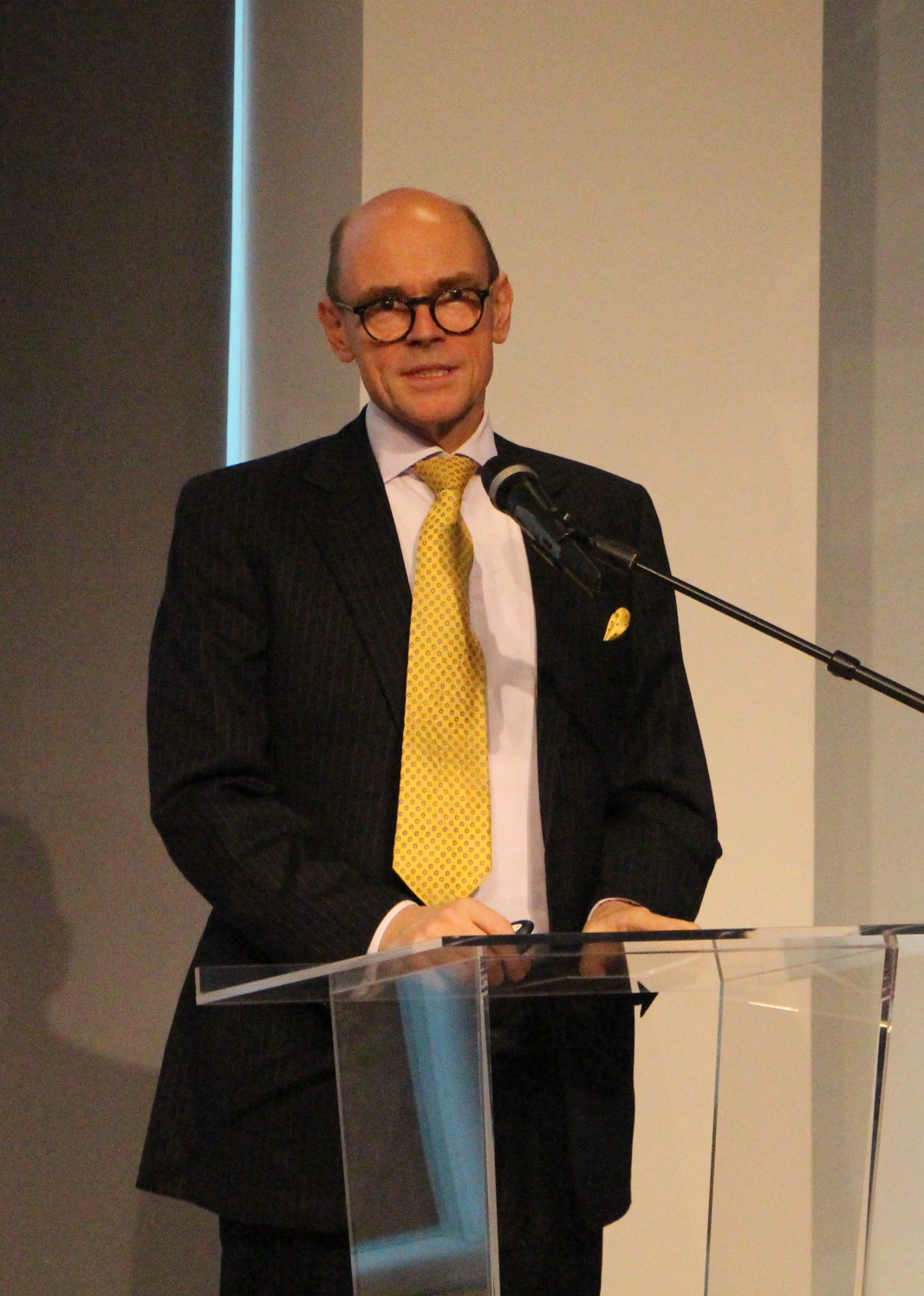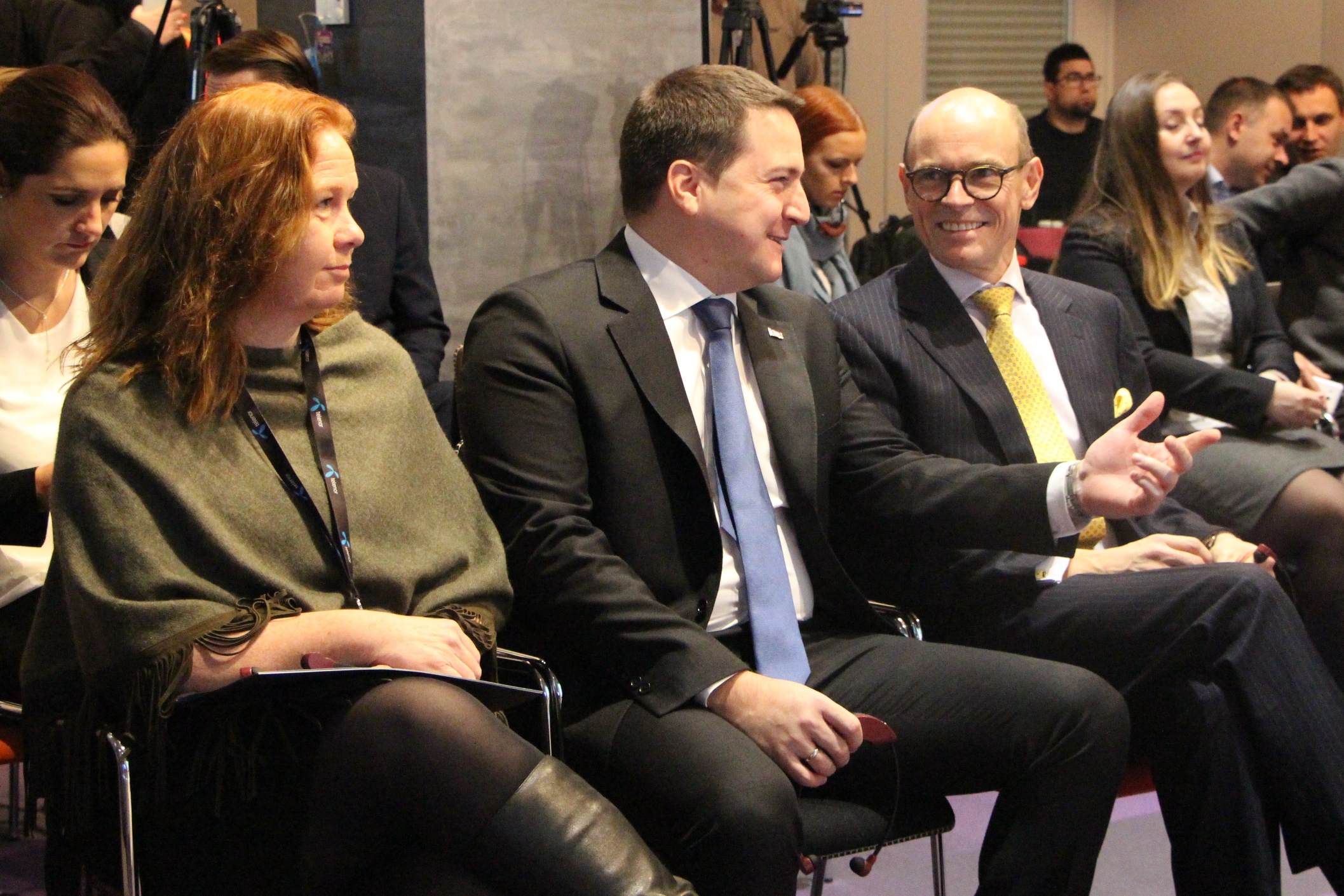Digitalisation will enable citizens and companies to have a more practical, efficient and transparent approach to public administration. In the banking sector, new financial technologies influence and change traditional banking models and introduce new ways of communicating with clients. The market is ready for these changes, just like customers are, whereas the security of network and information systems must be raised to the highest level. These are just some of the conclusions of the conference “Digitalisation of Serbia – future of e-government and e-banking” organised by the Embassy of the Kingdom of Norway to Belgrade in Telenor premises. „Digitalization is all about making life easier for everyone. It is easier, quicker and chipper. But it is also fragile, so we must always put strong focus on safety and privacy“, said H.E. Ambassador of the Kingdom of Norway, Arne Sannes Bjørnstad.



The Conference rallied many experts, leaders of the business community and representatives of the Government of the Republic of Serbia so that they could talk on Serbia’s future steps on the path of full digitalisation of both public, as well private electronic services.
“There is much work ahead of us to make Serbia fully digitalised. Significant steps have already been made to put digitalization in focus, but it’s time to speed up. We in Telenor wish to actively participate in this process, while in parallel transforming our business model. We have already changed the banking sector in Serbia and how we interact with our customers, while putting the biggest focus on customer experience. We have a long way ahead of us, but we are not stopping”, pointed out Ingeborg Øfsthus, CEO of Telenor Serbia.
The conference participants arrived at a conclusion that that digitalisation trend will continue in Serbia in all aspects of the society. In the years to come, significant contribution is possible only with a systemic approach at the state level, whether it concerns trading over the Internet or e-banking. As far as the banking sector is concerned, there are several important preconditions facing Serbia so that it could become a cashless society. This primarily implies regulatory framework, user education, as well as the development of infrastructure, which be capable of supporting the varied forms of cashless payments and transactions, anywhere and anytime.